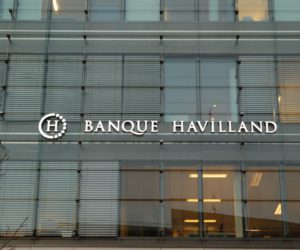By Dan Byrne
Lawyers in Malta are being warned that they may find themselves in the middle of money laundering scams which centre on fake financial disputes.
Malta Today has reported that local legal practitioners are advised to be extra vigilant about any cases of civil lawsuits which involve out-of-court settlements.
These actions, it is claimed, are used to legitimise large financial transactions which would otherwise look fraudulent and worthy of a money laundering investigation.
The advice comes from the Financial Intelligence Analysis Unit (FIAU), Malta’s national agency for collecting information concerning money laundering and financing terrorism.
They have warned that two parties involved in a financial lawsuit may in fact be working together, with the original dispute merely a ploy that would inevitably end in an ‘amicable’ settlement out of court.
If and when one of the parties is then questioned about a funds they have received as part of the settlement, they can use the fake dispute as a means to justify the transfer.
The FIAU also warned that criminals could generate fake debts in a similar manner, with one party claiming the other owes them a specified amount and is pursuing legal action because it was unpaid.
Lawyers representing these parties may have knowledge of the scam from the outset, but will often have no idea that it’s happening.
They will have been brought into the case only after the creation of the debt, and thus cannot verify the legitimacy of that debt, nor will they think to make the appropriate enquiries in relation to it.
These cases can often involve disputes across international borders.
A 2018 court case in Cyprus resulted in a settlement transaction of €1.5 million along the lines described by the FIAU.
Officially, the transaction was a loan repayment from Belizean company Oil & Ship Consultancy, owned by suspected smuggler Gordon Debono, to Emirati company International Properties & Investment Ltd, owned by Debono’s wife Yvette.
The payment was recognised by the Cypriot court and upheld following subsequent investigation by a Maltese court.
The manipulation of the legal system in this way has previously been flagged by prominent solicitors and financial crime prevention agencies.
Warnings have focused on the fact that, when a lawyer handles funds as part of these disputes, the money will then look ‘clean’ and avoid laundering probes.
Share this on:
Follow us on:








